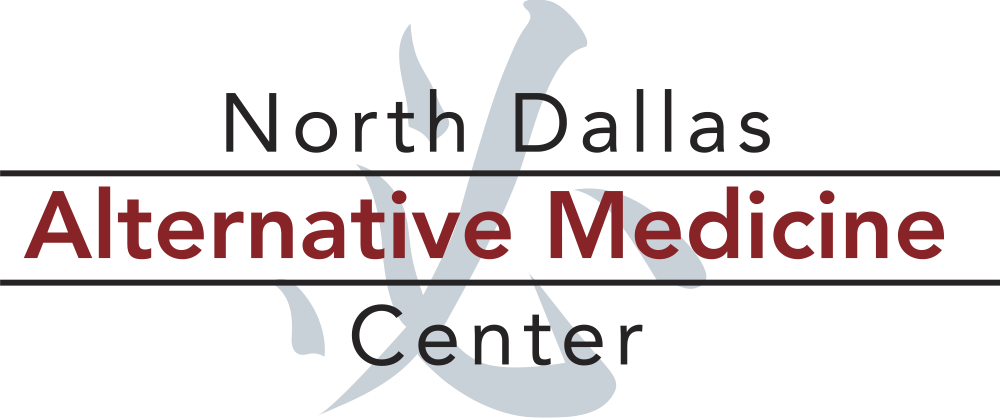
How AK Can Help Relieve Knee Pain
By Dr. David Brown
Knee pain is common across all athletic disciplines and is often the result of a serious injury to the ligaments or meniscus. In the past, doctors relied on invasive surgery to correct these types of injuries. However, improved diagnostic tools such as the arthroscope and MRI provide evidence that suggests these procedures are often unnecessary and sometimes do more harm than good. Applied Kiniesiology (AK), on the other hand, like I use in my practice, is a much safer and effective treatment option.
Types of Knee Injuries
There are three types of knee injuries. The first is direct trauma such as a blow to the knee during a football tackle. The second is non-contact trauma such as the knee suddenly “giving out” during a run or other individual activity. Finally, there is subtle knee pain that develops and worsens over time from constant stress to the tissues. AK has proven especially beneficial for the last two types of knee injuries. However, depending on the severity of the injury, the direct contact type can often be successfully treated as well.
Note: In cases of severe osteoarthritis of the knee joint, where the meniscus has completely degenerated and the femur and tibia are grinding against each other, AK is not an effective treatment option. This typically requires knee replacement surgery. However, there have been promising results with stem cell therapy.
Common Causes of Knee Injuries
Muscle Weakness
Knee pain and injury can be due to a variety of problems within the body. Often times the pain is simply caused by weakness in the muscles that support the knee. This weakness may be directly related to the muscle itself, a slight misalignment of the bones of the knee joint, or a neurological inhibition of the muscle associated with an irritation to the nerve root at the spinal level.
Foot Dysfunction
Another common cause of knee pain is dysfunction of the foot. When the bones in the foot are out of alignment or the muscles are not facilitated to provide correct stabilization, the knee can be strained and inflamed. This may lead to Patellofemoral Stress Syndrome or even chondromalacia patella.
Patellofemoral Stress Syndrome
Patellofemoral Stress Syndrome is a condition in which the patella tracks abnormally in the groove between the condyles (knobs at the end) of the femur bone causing pressure and pain. It is the most common cause of “runner’s knee” and often develops in a new runner who is beginning to increase mileage. It can be worsened by any activity that puts pressure on the patella like stair climbing, incline/decline running, squatting, kneeling, and quadriceps exercises. Sometimes the pain persists for hours after the activity and might even disrupt sleep. If not properly treated, this syndrome can progress into chondromalacia patella, where actual damage to the cartilage can be seen by arthroscopy.
Iliotibial Band Friction Syndrome
Another common cause of knee pain, found mostly with overuse as with long-distance runners, is a condition called Iliotibial Band Friction Syndrome. An athlete with this condition has tenderness and occasional swelling over the lateral epicondyle (the outer knob) of the injured knee. This pain might result in an unusual gait because the individual finds relief by walking with a stiff knee. Often times this condition occurs in beginner runners who may have bowlegs and/or hyperpronated feet. Hyperpronation occurs when body weight is abnormally shifted to the inside of the foot when the ankle bone turns in while the foot turns out. This might be evident by worn outer soles of running shoes.
Say Goodbye to Knee Pain
By utilizing Applied Kiniesiology muscle testing, I am often able to determine and correct the underlying cause of knee pain without the need for expensive diagnostic tools, invasive treatment, or prolonged recovery time. If you or a loved one are experiencing issues with one or both knees, Applied Kiniesiology may be the key to solving the problem. Call the office today to set up an appointment!

David Brown, DC, DIBAK


